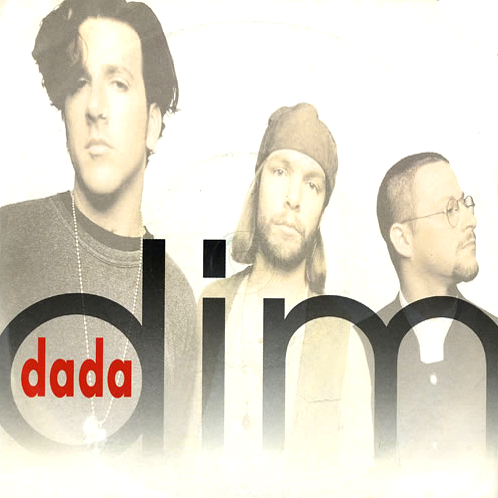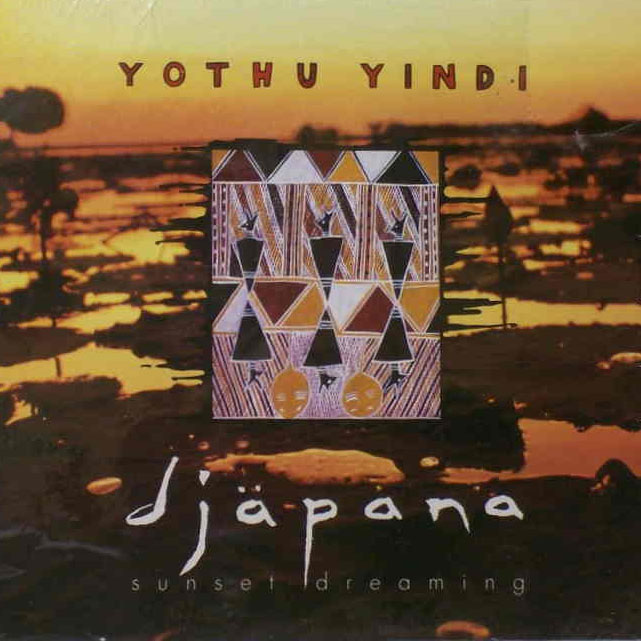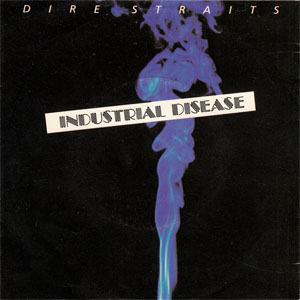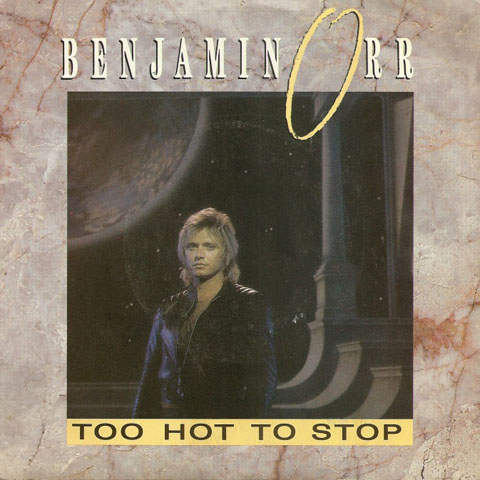365 Day Song Challenge: Day 88 – “Dim”
Day 88: A song that you love to work out to.
“Dim” – dada
 It should be noted that I find “love to work out to” is a strong statement. It’s the word “love” that I take issue with, really. I am not a huge fan of working out. I’m not any kind of fan of working out, to be perfectly honest. Like Chris Knight, I run only when chased. These are some of the reasons that “My Greatest Challenge” last year was to ride roughly 3700 miles. That much exercise was, indeed, a real challenge.
It should be noted that I find “love to work out to” is a strong statement. It’s the word “love” that I take issue with, really. I am not a huge fan of working out. I’m not any kind of fan of working out, to be perfectly honest. Like Chris Knight, I run only when chased. These are some of the reasons that “My Greatest Challenge” last year was to ride roughly 3700 miles. That much exercise was, indeed, a real challenge.
Which is not to say I absolutely hate working out. I just mostly hate it. I do enjoy riding my bike (once I learn to ignore that gasping for air) and a good spinning class (or a personal spinning session) feels good. I would prefer not to have to exercise, but I like food (and living) too much to completely ignore it.
Not familiar with a song I’ve mentioned?
Click ![]() above to hear samples
above to hear samples
and purchase songs.
Which brings me to “Dim.”
I first mentioned this song back in the post about my favorite song of the 90s. It has an incredibly driving beat, one that made me promise myself long ago never to listen to it while driving at night. Just hearing it puts visions of passing other cars at 100 miles an hour in my head. My foot, which is often secretly in cahoots with my brain on these things, would quickly set the plan into motion. So it’s better just to avoid the temptation completely.
It is, however, perfect for spinning. When the song comes on, I can’t help but start cranking. It’s four minutes and twenty-two seconds of balls-to-the-wall pedaling. Followed by four minutes of rolling around on the floor clutching my stomach and struggling to breathe, and on rare occasions, three minutes of unconsciousness.
“Dim” is from dada’s first album, Puzzle. When it comes to dada songs, readers will be most likely to be familiar with “Dizz Knee Land,” which was the “hit single.” But much like many “one hit wonders” there’s a lot more to dada than that. They’ve actually recorded at least five albums and an EP (that I know of, there may be more lurking out there). I’m most familiar with the first four, and I’ve got to say, it’s another case of “I don’t get it.” As in, why weren’t they more popular? Their other material is just as good, if not better in some cases, than “Dizz Knee Land” but for some reason (I’m going with lack of promotion again) they just didn’t hit.
Many of their songs (“Pretty Girls Make Graves,” “Agent’s Got No Secret,” “Dorina” and many others feature the singers’ great harmonizing (they almost sound like two guys sharing the same voice, but it’s obviously not the case). Musically, they never fall into a rut. Their lyrics are intelligent (generally). Their catalog is varied, although not quite “eclectic.”
Maybe that’s the problem. People want mind-numbing sameness. And choreographed dancing. Yeah, these guys aren’t into that. Sorry.
So check them out. Especially their fourth album dada, which you’d expect to have been the name of the first album, but you’d be wrong. One of my favorites from that album will be the topic of a later post. Stay tuned.
In the meantime, I will look for more ways to avoid exercising, unconsciousness, and speeding tickets. I won’t judge you if you join me.



 There may be some controversy about this post. First off, I’ve been trying to remember the first 7″ single I ever bought, and whether or not that predates this purchase. But I honestly don’t remember. And it’s bugging me, because I usually remember that stuff.
There may be some controversy about this post. First off, I’ve been trying to remember the first 7″ single I ever bought, and whether or not that predates this purchase. But I honestly don’t remember. And it’s bugging me, because I usually remember that stuff.